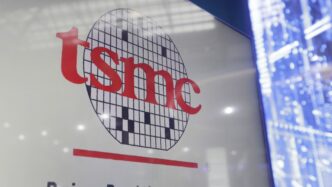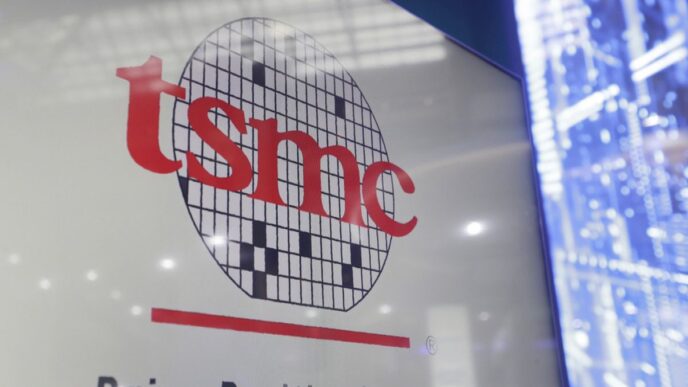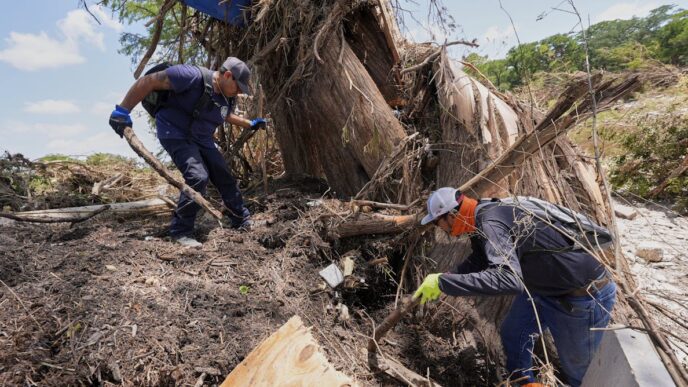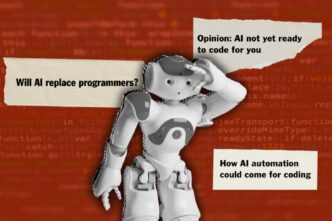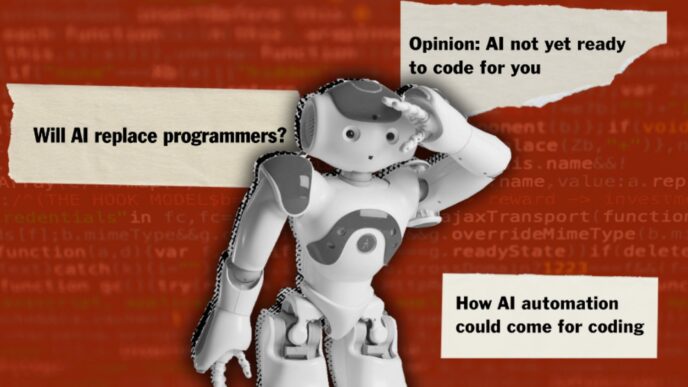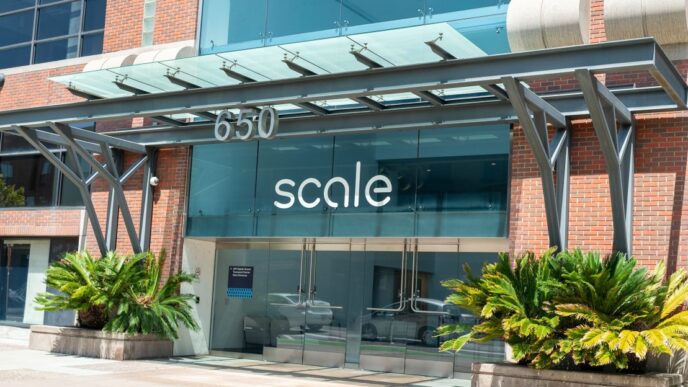Recursion is tackling cancer drug discovery with speed and scale—but the process remains brutal.
Peter Ray, a lead drug designer at Recursion, carries a personal mission. His mother died of cancer decades ago in South Africa and inspired him to get drugs on the market that actually impact cancer.
The traditional path to a new drug is a nightmare. Chemists model proteins, build molecules atom by atom, then biologists test those molecules on cells. Most fail. Years of tweaks often lead nowhere.
Biologist Keith Mikule described the grind: “After five years… thousands of molecules made, and no real progress.” Even with a winning molecule in mice, human trials kill 90%+ of drugs before launch.
Ray knows this all too well.
“It’s lived with me my whole life,” he says. “I need to get drugs on the market that impact cancer.”
Recursion is working to break the cycle. The company combines drug design with large-scale biology and AI-driven testing. The goal: speed up this slow, expensive process. But the stakes are high—the failures sting, and success is rare.
No shortcuts on the path to saving lives.



